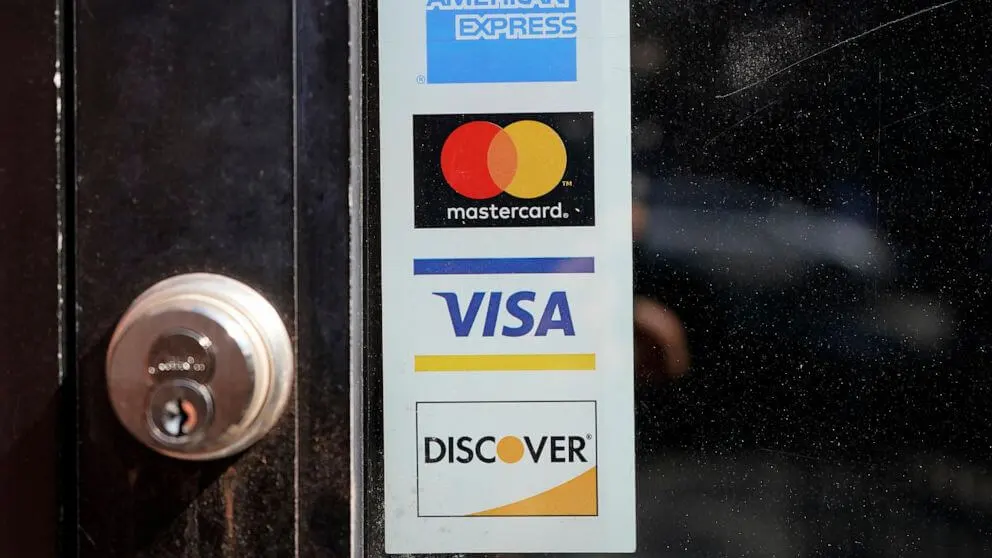The Federal Reserve has taken a decision to increase its key interest rate for the ninth time in less than a year. This hike in the rate usually results in banks charging higher interest rates on loans to their customers. Consequently, borrowers with variable-rate credit card debt are most affected, and will have to bear higher costs to repay their debt.
Chief Financial Analyst for Bankrate.com, Greg McBride has remarked that credit card rates have increased to record highs, with the average rate exceeding 20%. This is a significant jump from the average rate of 16.3% at the beginning of the previous year.
If you’re in the habit of repaying your credit card bill in full every month, then the increase in the interest rate won’t be a matter of concern for you. However, if you carry a balance, especially if you only make the minimum payment, then you’ll have to pay more interest every month. Consequently, it will take you a longer time to repay what you owe.
It’s highly likely that your interest rate will increase in just a few statements.
It’s advisable to seek a balance-transfer card with an initial 0% rate to pay off your outstanding balance in the forthcoming months before the high-interest rate is enforced. According to McBride, taking advantage of a 0% balance transfer offer could help you achieve your debt repayment goals faster, and protect you from further rate hikes. You could find a balance transfer offer lasting for as long as 21 months.
However, it’s essential to find out any fees that you may have to pay such as balance-transfer fee or annual fee, and the penalties for late or missed payments during the zero-rate period. It’s always prudent to pay off as much of your existing balance as possible on time every month before the zero-rate period ends. Otherwise, you’ll have to pay a new interest rate, which could be higher than what you were paying before if rates continue to rise.
If you don’t transfer to a zero-rate balance card, you may consider obtaining a relatively low fixed-rate personal loan instead.
Bankrate reports that the average personal loan rate was 10.82% as of March 22. However, the interest rate you’ll receive depends on your income, credit score, and debt-to-income ratio.
To obtain the best deal, it’s advisable to ask multiple lenders for quotes before filling out a loan application, according to Bankrate’s advice.

